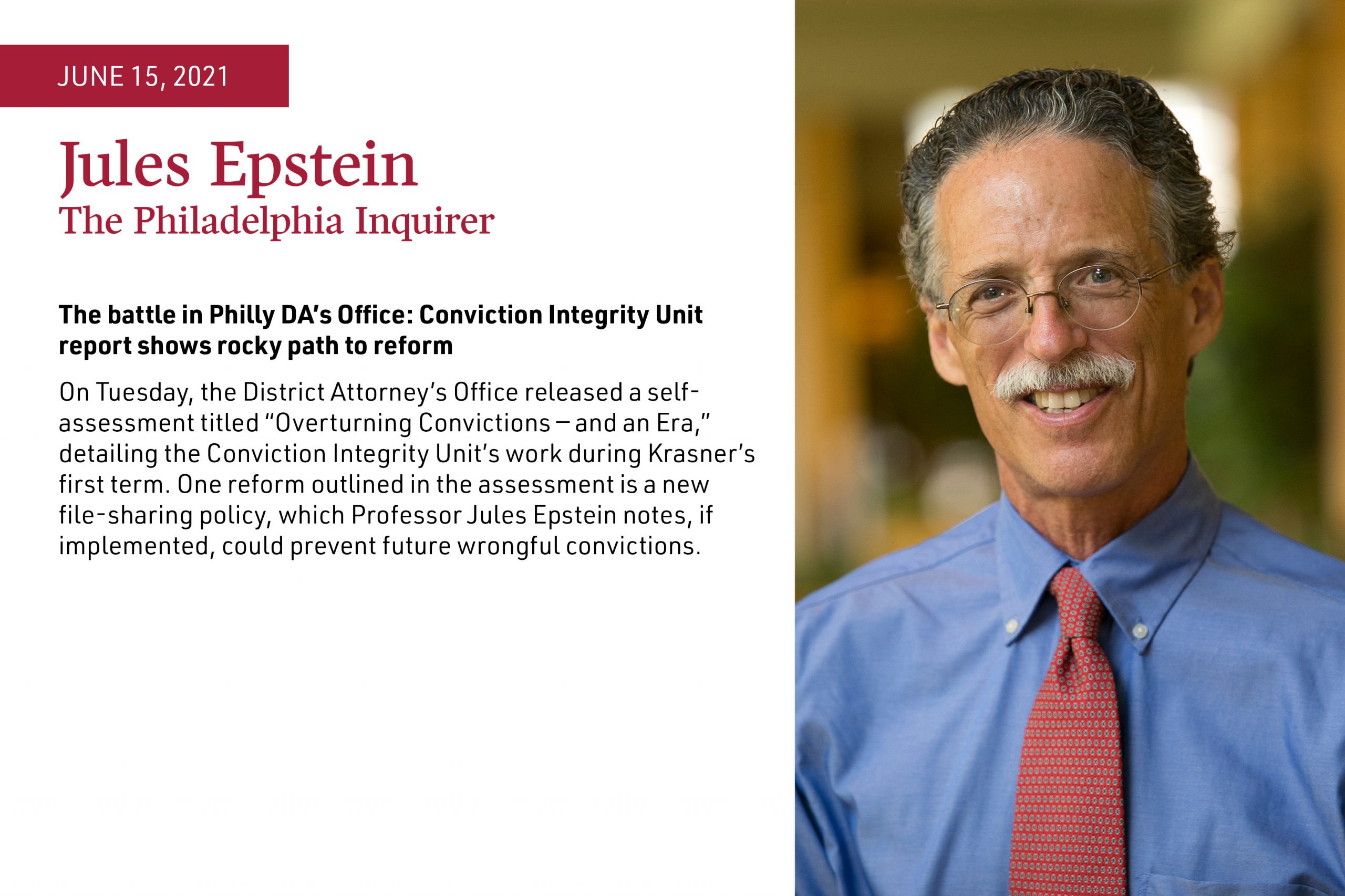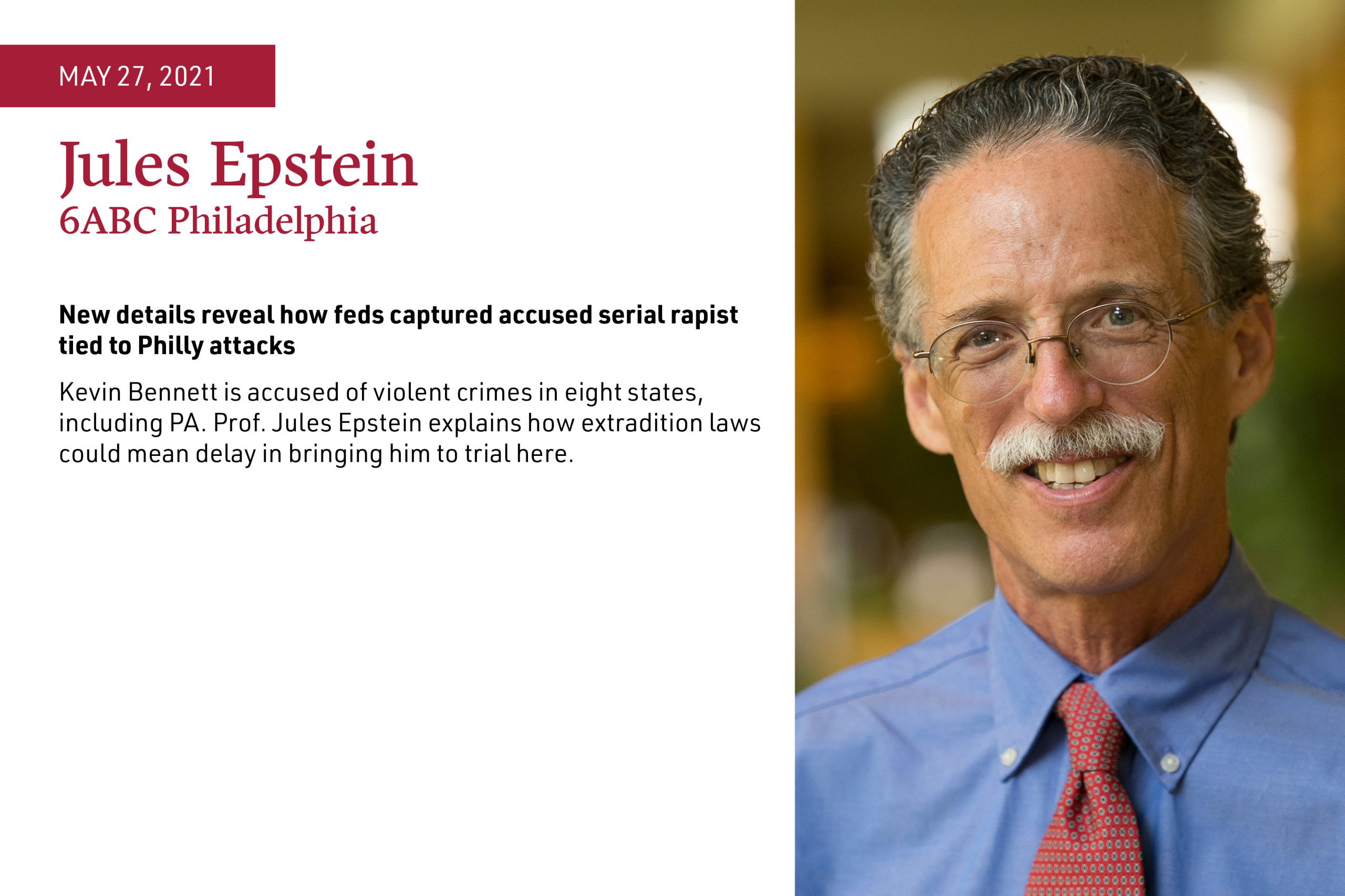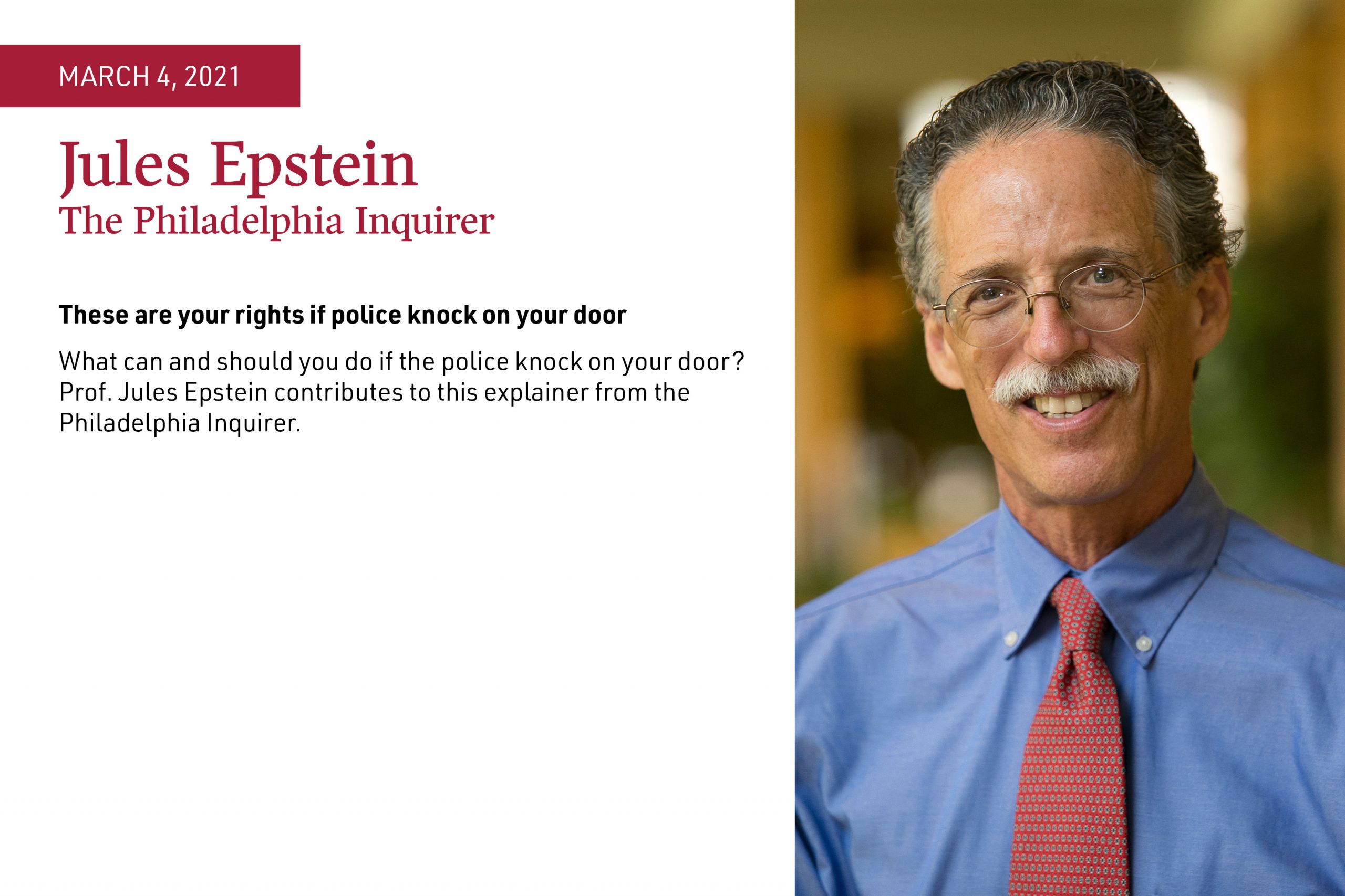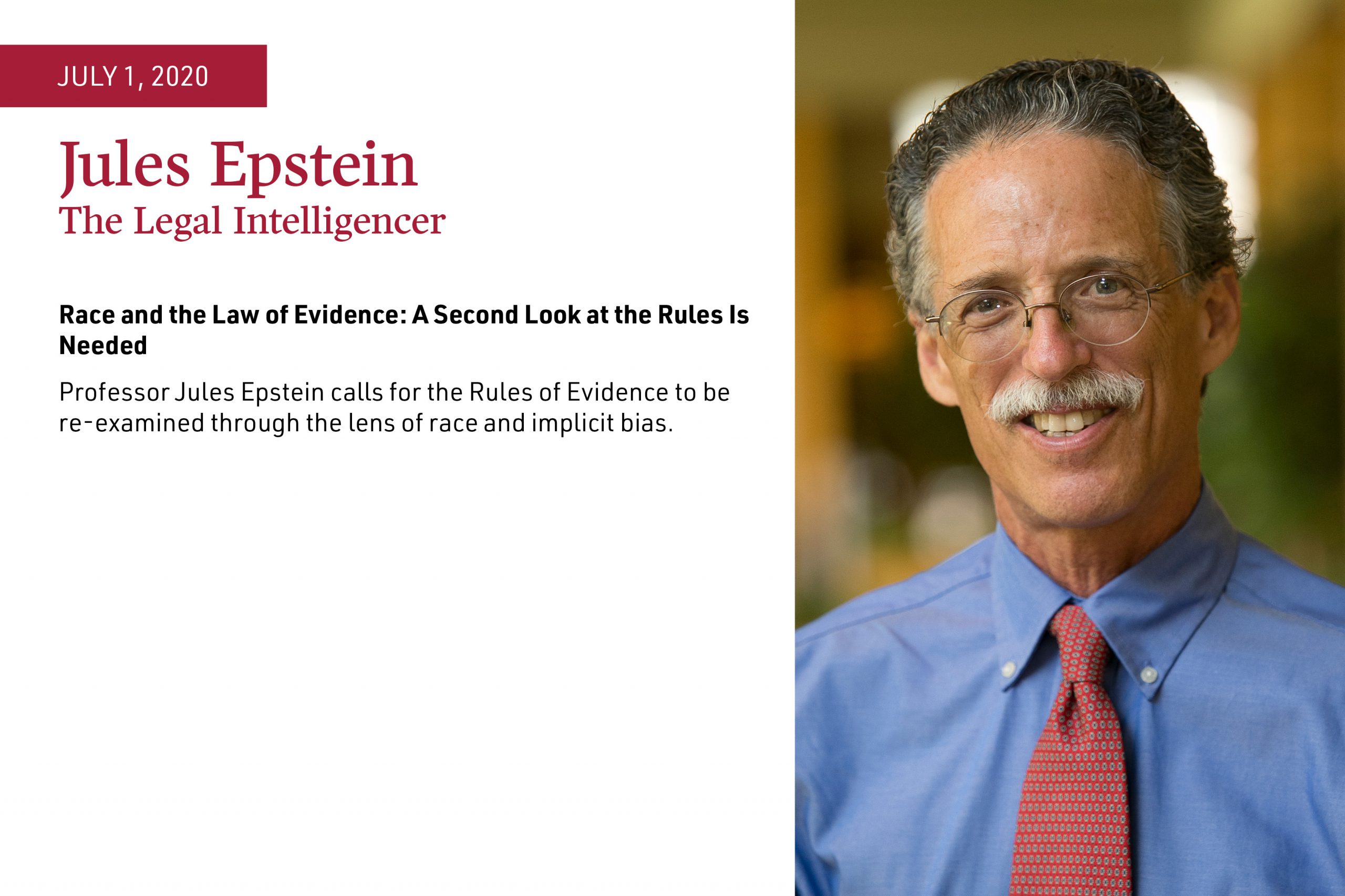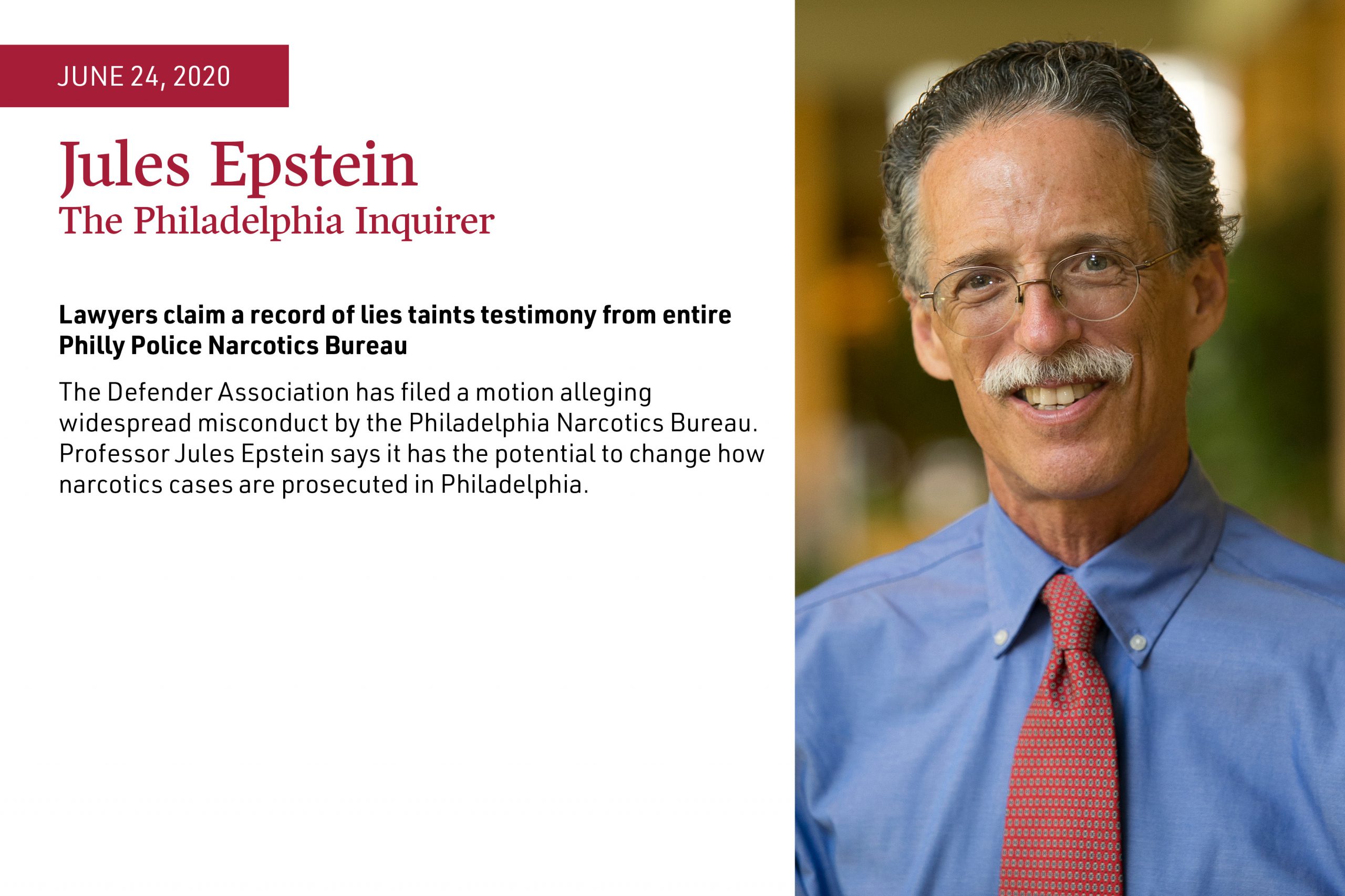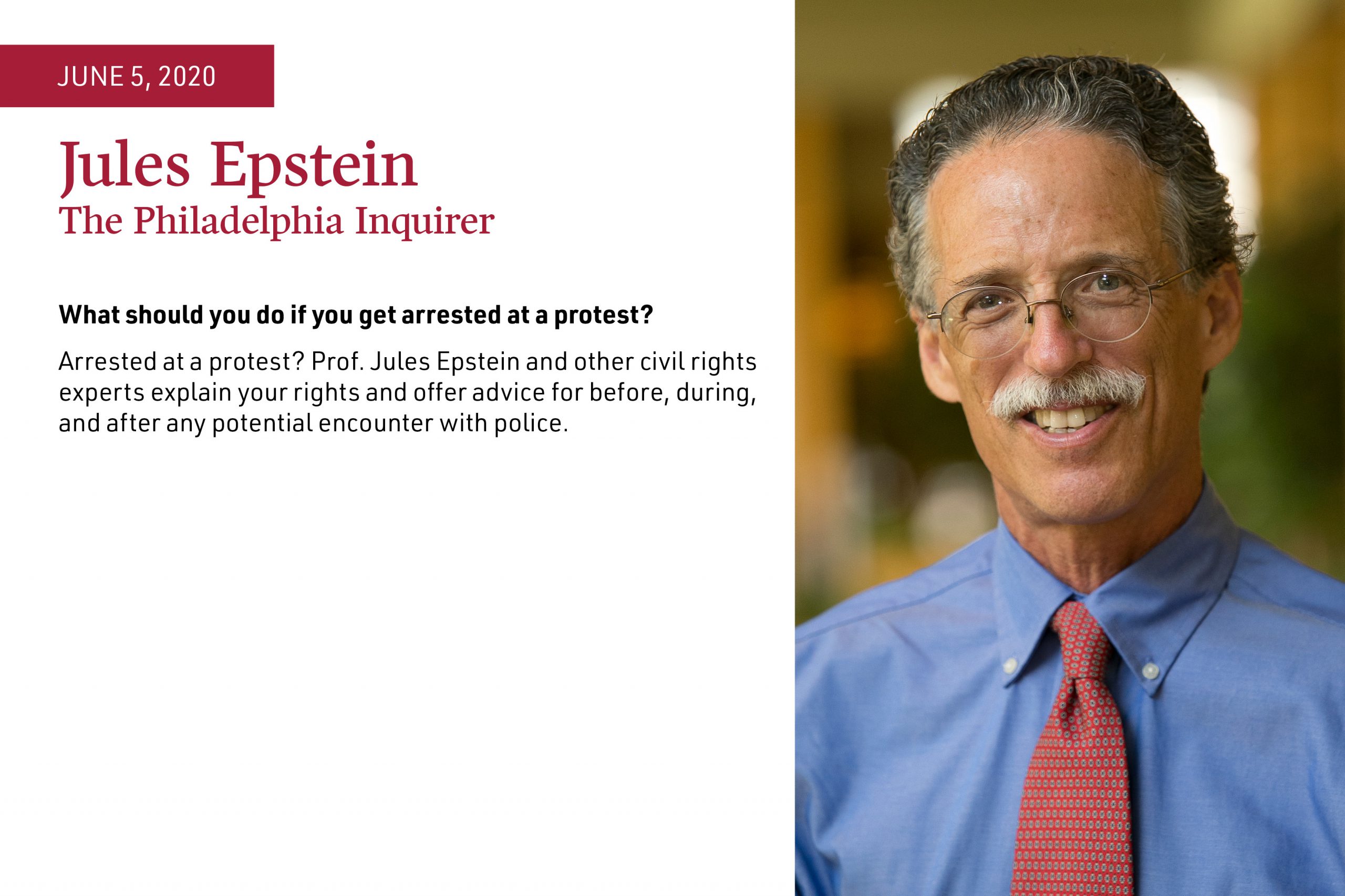What is Donald Trump’s culpability for the January 6th assault on the Capitol? Morally, it is clear – Trump is a sentient being, aware of risks and consequences, who acted with disregard for the lives and well-being of others. Causally, the case is strong – in the terms of proximate cause and foreseeability, he spent months agitating and stirring discontent, he knew the volatility of his audience, and the actions of his followers were “not so extraordinary that it would be unfair to hold the defendant responsible for the actual result.” 1 W. LaFave, Substantive Criminal Law § 6.4, at 464 (2d ed. 2003). And in the eyes of history, culpability is beyond question – the “buck stops here” principle is the metric. But is he criminally responsible? Are there acts worth investigating, are there provable criminal acts attributable to the President? The President’s speech at the pre-insurrection rally may not, on its face, be sufficient to prove solicitation to commit a crime – here, riot, assault, theft, or damage to property. The language that …

